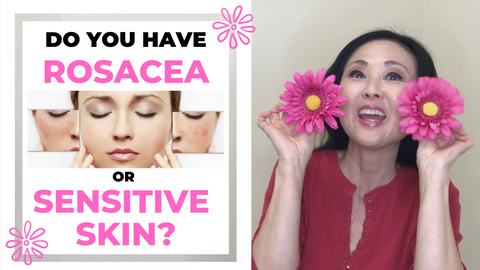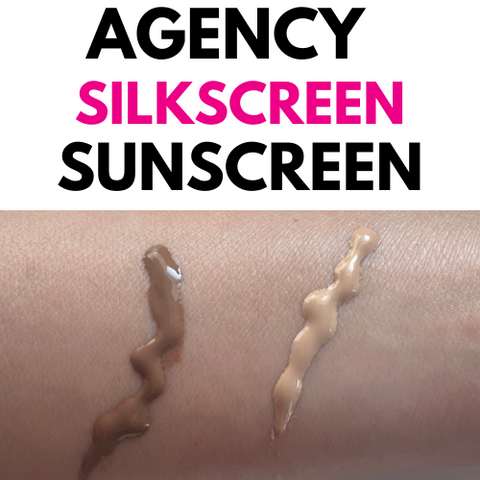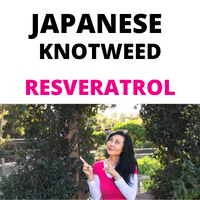Hyaluronic Acid – What the Beauty Industry doesn’t want you to know… I am going to be sharing 3 things that the Beauty Industry doesn’t want you to know.
The Beauty Industry (skin care industry) is adding Hyaluronic Acid to almost every skin care product. They are adding it to cleansers, serums, eye products, lotions, and creams.
***PRO TIP*** – Avoid purchasing an “Anti-Aging” cleanser that touts having anti-oxidants or Hyaluronic Acid. The ingredients don’t stay on the skin long enough to show any benefits.
Save your money and use it towards a good anti-aging serum, eye product, or cream.
The beauty industry touts that Hyaluronic Acid is a POWERFUL humectant… and it is.
One molecule can hold up to 1000x its weight in water OR 1 gram of Hyaluronic Acid can hold approximately 6 liters of water. It is an anionic (negatively charged) Glycoaminoglycan.
1st Thing That the Beauty Industry Doesn’t Want You To Know:
What does Hyaluronic Acid do?
WHAT IT DOES NOT DO:
With some clever marketing, in some products, Hyaluronic Acid is being paired with other common anti-aging ingredients (i.e. Vitamin C, Ferulic Acid, etc); therefore being lumped together as an “anti-aging” ingredient.
The truth is Hyaluronic Acid in and of itself is NOT an anti-aging ingredient. It does NOT stimulate Collagen and Elastin production nor does it help retain the existing Collagen and Elastin.
It can help minimize fine lines and wrinkles by helping with hydration in the skin. The skin will appear plumper and smoother.
WHAT IT DOES DO:
Hyaluronic Acid does attract moisture from the air (or the skin) and binds it to your skin, giving your skin the “appearance” of dewey, glowing skin.
With the added moisture, it helps minimize the appearance of fine lines and wrinkles and keeps the skin from looking thin and crepey.
As we age, our skin cells start to lose the ability to retain water. The dermis (live layer of the skin) is more effective in retaining water in the skin.
The levels of Hyaluronic Acid in the dermis remain relatively stable while the levels in the epidermis starts to slowly dwindle as we age.
HOWEVER, our body has to constantly be replenishing Hyaluronic Acid to support our skin’s elasticity (and other processes in the body) because it only lasts a few minutes in the blood or 3-5 days in the skin (depending on age and environment).
It can last 1-3 weeks in the cartilage.
2nd THING THE BEAUTY INDUSTRY DOESN’T WANT YOU TO KNOW:
The common misconception the beauty industry kind of implies is that the higher percentage or concentration of a performance ingredient, the more effective the product.
Especially in ingredients such as:
-Retinol
-Vitamin C
-Peptides
This is NOT necessarily true. Some ingredients at higher, stronger levels will give less than desirable results, such as:
-Retinol
-Glycolic Acid
-L-Ascorbic Acid
In the case of Hyaluronic Acid, it can already hold up to 1000x its weight in water. Adding more HA is not only unnecessary, adding more to a product would just make the texture unappealing. Hyaluronic Acid is already a very thick gel-like substance in its pure form.
The large Hyaluronic Acid molecule can come in a variety of sizes (up to many thousands of sugars long). The sugars are interconnected. It is very similar to a spider web-like formation that effectively creates a film over the Stratum Corneum.
When it is not bonded to other molecules, it can bind to water increasing the moisture level in the tissue and assist in keeping the joints lubricated in the body.
The moisture is usually drawn from the lower levels of the skin and then held in the epidermis to increase moisture.
So if large molecules of HA can coat the epidermis but are too large to penetrate and add moisture to the deeper layers of the skin… how does the beauty/skin industry address that??
They HYDROLYZE it.
Hydrolysis is basically using a chemical process to break apart the bonds in a molecule in water.
Hydrolyzed Hyaluronic Acid is the result of this type of reaction, creating smaller fragments of HA making them both molecularly smaller and lighter in weight.
So by offering a product that contains different molecular sizes and weights of Hyaluronic Acid, they are saying that the smaller the molecules are, the better the ability to penetrate into the epidermis. While the larger molecule of HA can add moisture to the top layers of the skin.
Now, cosmetic chemists are still working on a formulation for the skin to be able to create more Hyaluronic Acid on its own. I could not find enough scientific data, so in the meantime, I wouldn’t waste money on expensive HA serums until there is significant data and long term results.
***Also, Hyaluronic Acid is a major component in the Glyco body and Sodium Hyaluronate is a sodium salt of HA.
3rd THING THE BEAUTY INDUSTRY DOESN’T WANT YOU TO KNOW ABOUT HYALURONIC ACID:
The step sister of Hyaluronic Acid
Did you know that there is another humectant that is more effective and less expensive than Hyaluronic Acid? It is also less glamorous in the beauty and skin care industry.
It’s Glycerin. Yup… you read it right… Glycerin is a colorless, odorless, non-toxic humectant, which can be dissolved into water and alcohol, but not oils.
Many times, lotions and creams that advertise having Hyaluronic Acid or Sodium Hyaluronate in it also have a higher percentage of Glycerin. The moisturizing properties of the product are more from the Glycerin than the Hyaluronic Acid.
A great recommendation for a cream that has a high percentage of Glycerin is Yu-Be. It works wonders on extremely DRY, DEHYDRATED, CRACKING, SENSITIVE SKIN.
No fragrance and GREAT for Ezcema:
Yu-Be Advanced Formula Pure Hydration Cream
Yu-Be Original Formula-Camphor Scented
***PRO TIP*** HYALURONIC ACID WORKS MORE EFFECTIVELY IF THERE IS MORE MOISTURE IN THE AIR. SO IF YOU LIVE IN VERY ARID CLIMATES, SUCH AS ARIZONA, CALIFORNIA, COLORADO, AUSTRALIA, USE A HUMIDIFIER TO INCREASE MOISTURE IN THE AIR THAT THE HYALURONIC ACID CAN DRAW FROM.
USE A SPRAY TONER THAT CONTAINS HUMECTANTS, AND SEAL IN THE MOISTURE WITH A LOTION OR CREAM THAT HAS A HIGH PERCENTAGE OF GLYCERIN AND OCCLUSIVE AGENTS TO KEEP THE MOISTURE BARRIER INTACT.
***Stay Tuned for our next blog post: Best Moisturizers for Dry Skin in the Winter
Follow us @:
YouTube Channel:https://www.youtube.com/channel/UC4XGWX6eheTisHo8UBsdOWA
Instagram:@GoSeeChristy
Facebook:https://www.facebook.com/goseeChristyBeautyBoutique/
Twitter:https://twitter.com/goseechristy
Pinterest:https://www.pinterest.com/goseechristy/



